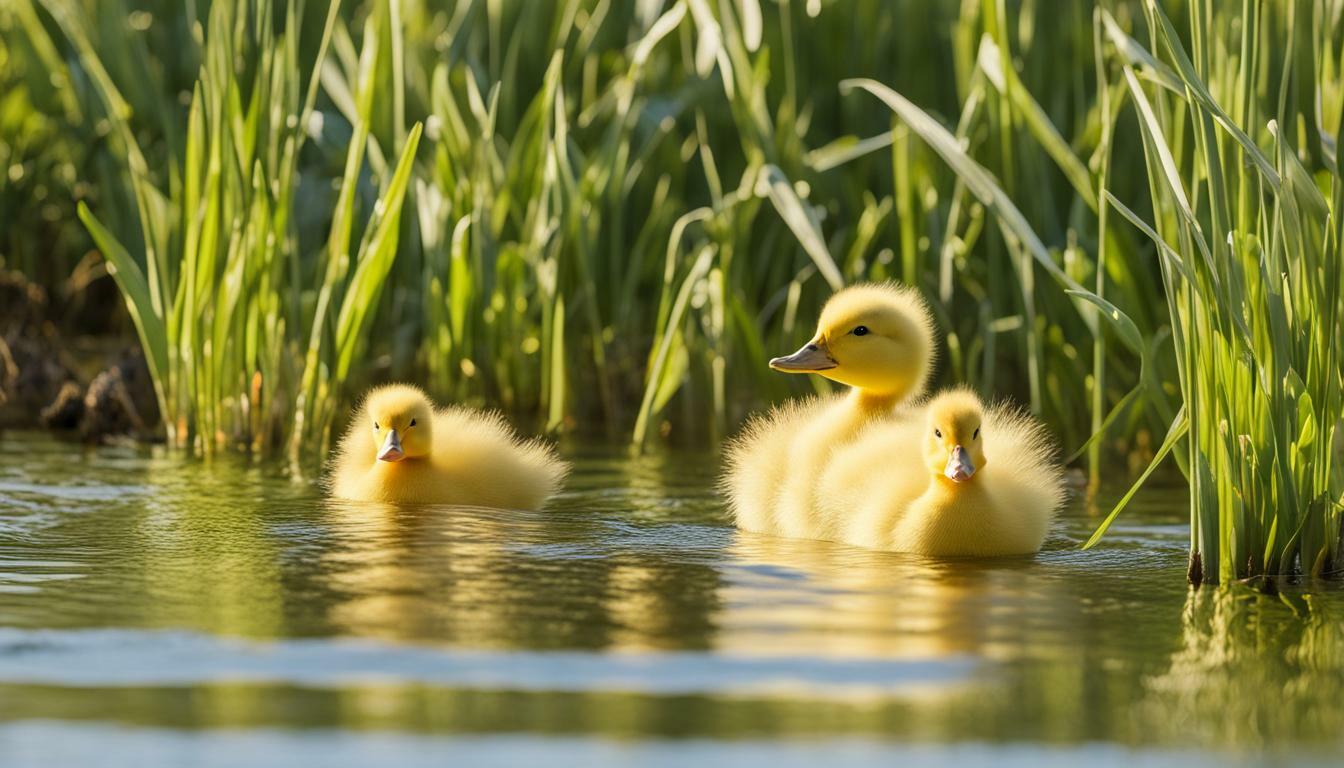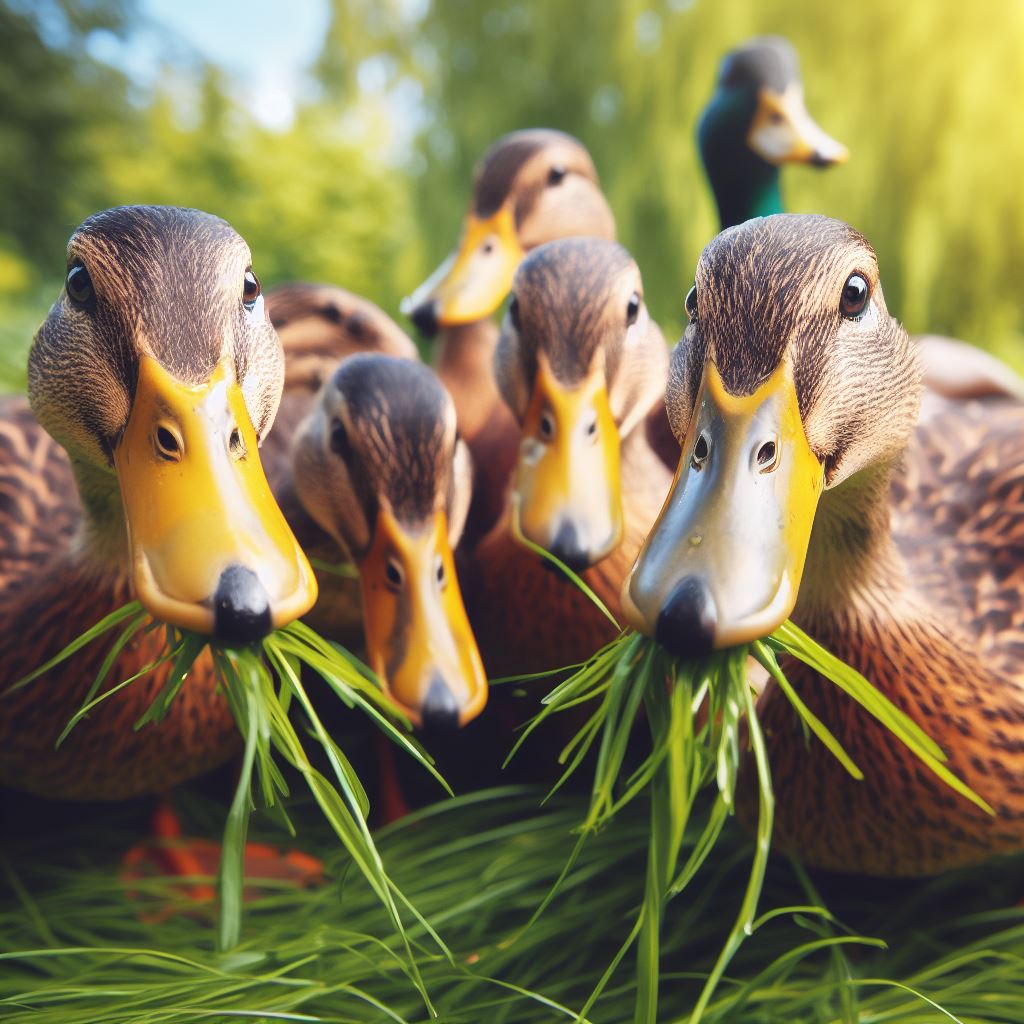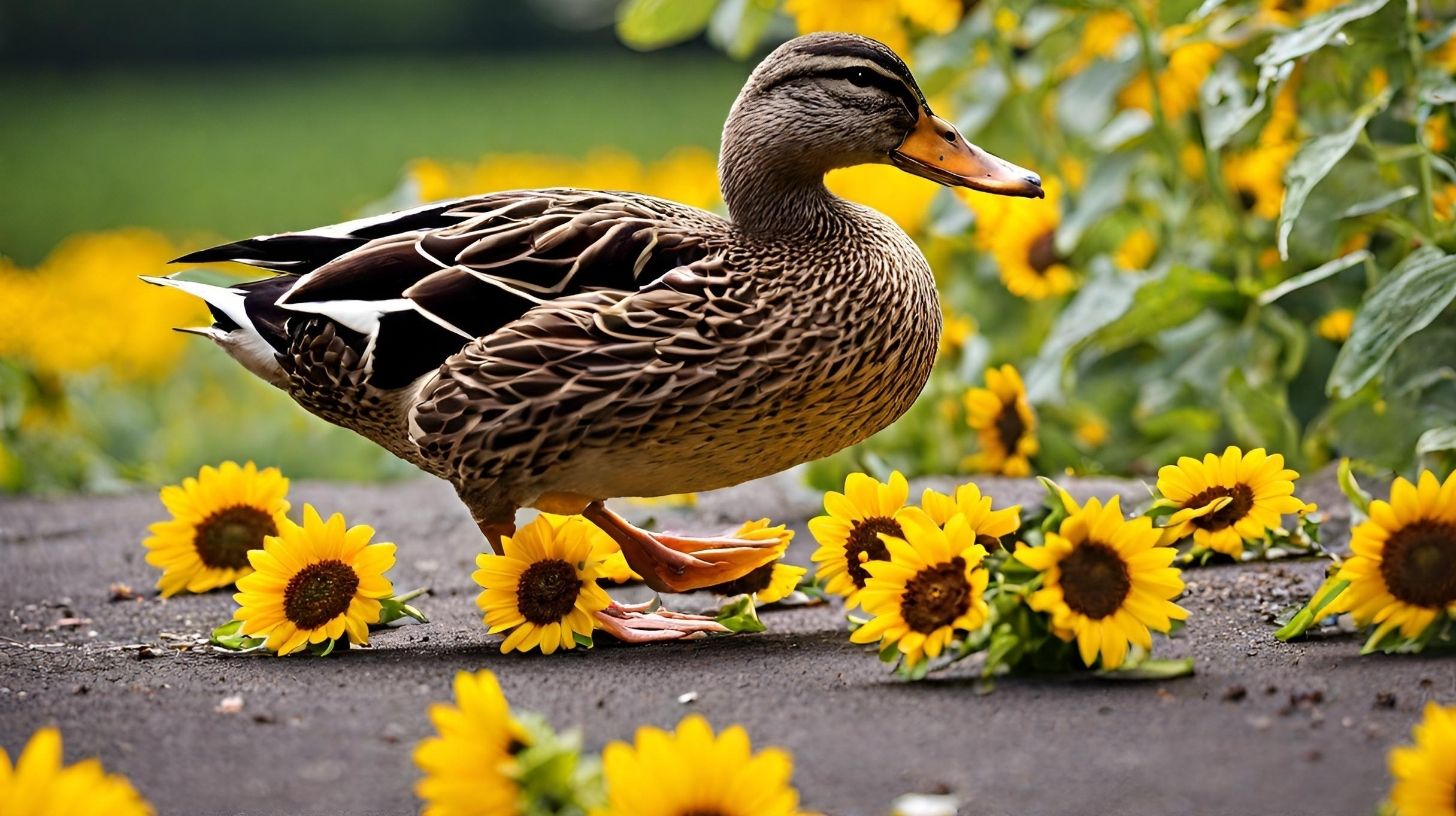When Can Ducklings Swim? Essential Guide for Beginners

Table of content:
- How Soon Can Ducklings Swim After Hatching?
- Do Ducklings Swim Right After Hatching?
- What Age Do Ducklings Learn to Swim?
- How Many Weeks Until Ducklings Can Swim?
- Can Newborn Ducklings Swim?
- Do Ducklings Swim as Soon as They Hatch?
- What Day Can Ducklings Go in the Water?
- Tips for Introducing Ducklings to Water
- Final Thoughts
For many people, few sights in nature are as adorable as a string of tiny ducklings waddling after their mother. Their fluffy feathers and tiny webbed feet paddling across the ground can melt even the hardest heart.
It’s only natural to wonder, when do those cute balls of fluff take their first swim? At what age do ducklings start venturing into the water?
How Soon Can Ducklings Swim After Hatching?
Most ducklings take to the water very soon after hatching – often just a day or two old. Their natural instincts and built-in swimming equipment get them paddling quickly.
However, the exact age that a duckling can swim depends on the species. Larger ducks like mallards tend to develop a bit more slowly than smaller ducks.
Here are some general timelines:
- Mallard ducklings: 7 to 10 days old
- Wood ducklings: 1 to 2 days old
- Small call ducklings: Day of hatching
So while duckling species and individual development plays a role, it’s common to see ducklings paddling in the water when they are less than a week old.
Do Ducklings Swim Right After Hatching?
Most ducklings cannot swim immediately after hatching. Their swimming instincts are not fully developed, and their juvenile waterproof feathers are still growing in.
However, some smaller species like call ducks have been known to take short swims almost immediately after hatching. Their smaller size and quick feather development allows them to start paddling soon after entering the world.
Larger duck species take a bit more time – at minimum several days to a week – before their buoyancy and waterproofing allow them to swim properly. They may be able to float briefly, but their paddling and diving reflexes take more time to kick in.
For any species, swimming too soon after hatching can be dangerous if the duckling gets waterlogged or has trouble staying afloat. Most need a few days to get their bearings and develop their natural water instincts before hitting the water.
What Age Do Ducklings Learn to Swim?
Most ducklings will learn to swim within their first 1-2 weeks of life. Here are some timelines based on species:
- Mallard ducklings: 7-10 days old
- Wild ducklings: 5-7 days old
- Call ducklings: 1-2 days old
- Peeking ducklings: 3-5 days old
- Muscovy ducklings: 10-14 days old
The key factor is when their juvenile feathers become waterproof. Ducklings have a light coat of down at hatching, but true waterproof feathers take time to grow in. When they have enough feathers for buoyancy and stroke power, their built-in instincts kick in and they’ll start paddling.
For wild ducks, swimming at a young age is essential to flee predators and follow their mother into the water to feed. Ducklings raised domestically have a bit more flexibility, but their urge to swim soon after hatching is strong.
How Many Weeks Until Ducklings Can Swim?
Most ducklings don’t need more than 1-2 weeks after hatching before they are ready to learn to swim. Some key timeframes by species:
- Mallard ducklings: 1-2 weeks
- Call ducklings: 3-5 days
- Muscovy ducklings: Up to 2 weeks
The fastest duckling swimmers are from the smallest breeds, like calls. Muscovies take the longest, needing closer to two weeks for their feathers and buoyancy to develop fully.
Larger duck species are safely swimming in 1-2 weeks on average. If a duckling has not shown interest in swimming after two weeks, it may indicate a problem with feather development or health that requires investigation. Their desire to swim is instinctive and shows up quickly after hatching.
Can Newborn Ducklings Swim?
Newborn ducklings cannot swim reliably in the first few days after hatching. Their downy fuzz lacks true waterproofing, and their legs are not yet strong enough for swimming.
Some very small ducklings may be able to float briefly right after hatching. But sustained paddling, diving, and swimming has to wait until their juvenile feather coat develops – typically around 5-7 days old.
It is normal to see newborn ducklings resting on the water’s surface or paddling in brief bursts. But leaving the hatchlings unattended or allowing prolonged swimming is dangerous until their waterproofing improves.
Newborn ducklings do best when kept warm and dry for the first week as their strength and feather coat develop. After this period, they will quickly gain the skills to start swimming like little pros.
Do Ducklings Swim as Soon as They Hatch?
Ducklings cannot swim reliably as soon as they hatch. Their down feathers lack waterproofing, which allows water to soak their skin and weigh them down.
Some smaller breeds like call ducks may be able to float briefly and paddle right after hatching. But sustained swimming must wait a few days for their juvenile feather coat to come in.
Larger ducklings like mallards and muscovies need 5-7 days at a minimum for their feathers to develop before swimming safely. While they can float temporarily, climbing out to rest and dry off is crucial in their first few days.
Don’t be surprised if ducklings plop into the water or paddle instinctively soon after hatching. But allow them to climb out and get dry to prevent chilling. With proper waterproofing, sustained swimming ability develops rapidly in the first week.
What Day Can Ducklings Go in the Water?
Most sources recommend waiting 5-7 days before allowing ducklings prolonged access to swim. Here are some guidelines on when they can safely take to the water:
- Mallard ducklings: 7-10 days
- Call ducklings: 1-2 days
- Medium duck breeds: 5-7 days
- Muscovy ducklings: 10-14 days
The exact day depends on the individual duckling’s feather and strength development. Baby muscovies need the most time, while tiny calls can swim almost immediately if monitored closely.
Monitor ducklings in the first week to be sure they climb out and dry off regularly. Provide ramps or towels to help them exit the water. Once their feathers are fully waterproof, they will happily paddle and dive at just a few days old.
Tips for Introducing Ducklings to Water
When those downy ducklings are ready for their first real swim, take these steps to make it safe and successful:
- Wait at least 5-7 days after hatching for waterproofing.
- Use a kiddie pool or shallow dish at first, then graduate to deeper water.
- Place ramps or towels for easy exiting.
- Supervise closely and remove any poor swimmers immediately.
- Limit swims to 10 minutes in the first few days.
- Make sure the area is warm – chills can be dangerous.
- Pay attention to any signs of struggling or waterlogging.
- Introduce swimming gradually over the first 2 weeks.
The key is close monitoring as ducklings learn buoyancy and paddling skills. Their instincts kick in rapidly, but they still need help mastering swimming in the beginning.
With proper precautions, ducklings take to water like…well, ducks! Before you know it, they will be happily diving, paddling, and floating – staying dry thanks to their wonderful waterproof coats.
Final Thoughts
Raising cute little ducklings brings many rewards, and watching those fluffy babies take to water is a joy. With proper precautions for their age and size, ducklings quickly gain the amazing ability to paddle, swim, and dive like feathered fish.
In most cases, ducklings grow their buoyant juvenile feathers and learn to swim all on their own within two weeks of hatching. Following their progress from downy bundles to confident swimmers is a delight for any duck owner.
The key is giving ducklings enough dry-land time after hatching to grow healthy feathers and strong legs before their first real swims. Have fun getting to know their unique personalities as they rapidly gain their sea-legs in those crucial early weeks!
Welcome. I’m Adreena Shanum, the proud owner of this website, and I am incredibly passionate about animals, especially poultry. I founded adreenapets.com as a labor of love, stemming from my desire to share my knowledge and experiences with poultry enthusiasts worldwide.




